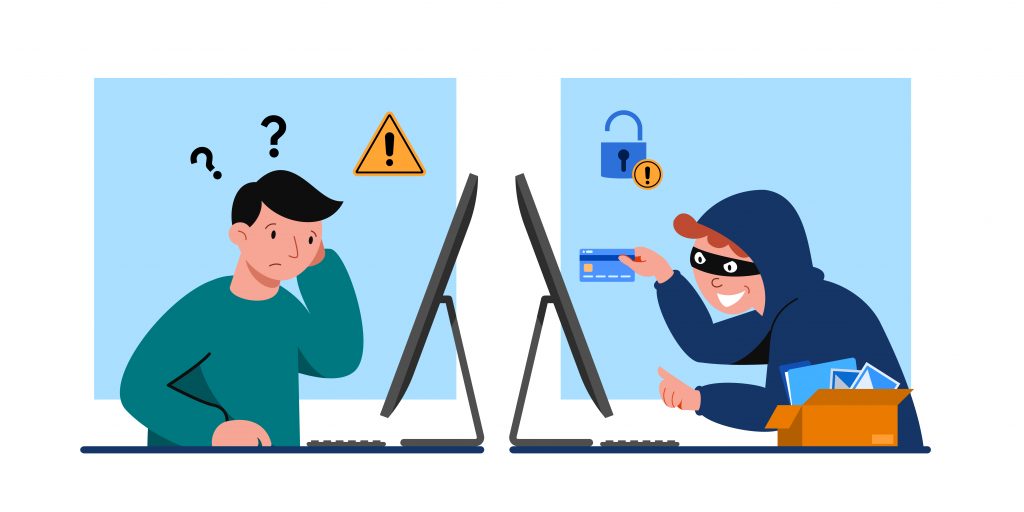In a recent incident, an NRI client received a call from someone claiming to be from the Income Tax department. The caller insisted that there was a pending demand that needed to be paid immediately, threatening that failure to do so would lead to severe consequences such as the attachment of property. However, the timing of the call raised suspicions since government officials do not work late at night, and it was likely that the caller was a scammer attempting to swindle money.
You can also watch our video where I discuss this topic, In case you are not a fan of reading
It is essential to know how to distinguish between real and fake Income Tax Department notices, It is not uncommon for people to fall prey to such scams. However, it is crucial to know how to identify and avoid them. Here are some tips to help you avoid scams and keep your hard-earned money safe.
Understanding the Background
Before we dive into identifying such scams, it is crucial to understand the background of scammers. Scammers are not uneducated or random individuals. They are often software engineers, educated and aware of how the Income Tax department operates. These individuals are aware of how to work the process.

The Scam
Scammers are using sophisticated methods to carry out these scams. Emails, calls, and messages are all tools in their arsenal. They can create believable email addresses to deceive you. They often use methods to make it seem like the call is from a legitimate source.
Consult CA Arun Tiwari for more info at 📞 8080088288 or cs@aktassociates.com
How to Avoid Scams
The best way to safeguard yourself is to be aware and alert. Here are some things you should keep in mind:
-
Check the Domain
The Income Tax Department officials will not call you on your number, especially if you are outside India. They rarely call, and when they do, it will likely be on your registered Indian number. They will communicate with you through email, which is a basic check. Check the domain of the email to ensure it is legitimate.
-
Do Not Panic
Do not let panic take over when receiving such calls or emails. Instead, keep a calm head and assess the situation. If it seems too good to be true, it probably is.
-
Verify the Claims
Do not blindly believe everything you are told. Verify the claims made by the caller or sender. Check with your Chartered Accountant or the Income Tax department to ensure the legitimacy of the claim.
-
Report the Incident
If you receive a fraudulent call or email, report it to the authorities immediately. Doing so will help protect others from falling prey to the same scam.
It is essential to remain vigilant and aware of these types of scams, and one can share the knowledge with friends, family, and colleagues. Scammers use social media to spread their message, but it is possible to create awareness using the same platform. As soon as people become familiar with the methods used in a particular scam, it becomes easier to nullify it. By sharing information and staying alert, we can help to prevent others from falling victim to these scams.
Conclusion
Scammers are continually coming up with new ways to deceive people. However, by being aware and alert, we can avoid falling victim to their schemes. Remember, the Income Tax Department officials will not call you for payment, and they communicate through email. Verify the claims made by callers and report any incidents to the authorities. By following these steps, you can safeguard your hard-earned money and avoid falling prey to scammers.

